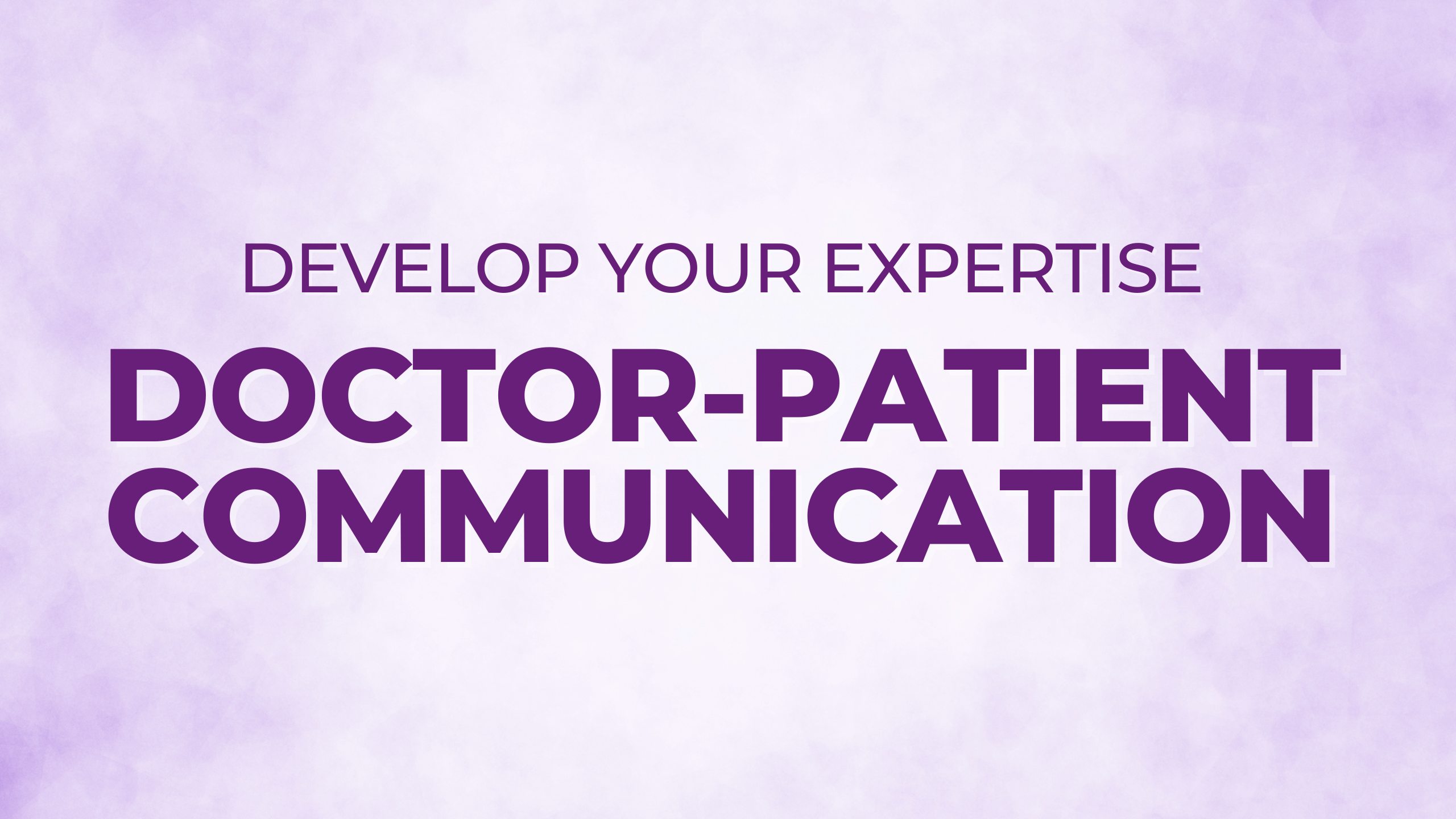
Have you ever been surprised by a poor grade on a test? You might have thought, “I just read about that, and I had it down pat! How could I have gotten anything wrong?” Well, it’s probably because you confused familiarity for mastery—and it is probably because you relied on rereading content as your primary study tactic.

According to Mark McDaniel, coauthor of Make It Stick: The Science of Successful Learning, rereading is a popular but ineffective study strategy that does not improve your understanding of a topic:
On your first reading of something, you extract a lot of understanding. But when you do the second reading, you read with a sense of “I know this, I know this.” So basically, you're not processing it deeply, or picking more out of it. Often, the re-reading is cursory — and it's insidious, because this gives you the illusion that you know the material very well, when in fact there are gaps.
In short, just because you are familiar with material doesn’t mean you can accurately recall it on a board exam or in practice.
In a study published in 2013, a functional MRI study found evidence that familiarity and recall are processed in two separate parts of the brain: Recall takes place in the hippocampus, while familiarity involves anterior parts of the parahippocampal region, or medial temporal lobe cortex. For the purposes of the study, familiarity was defined as “correct recognition without source retrieval,” and recollection was defined as “correct source retrieval and recognition together.” Subjects who found items familiar knew they had seen something before, but they couldn’t tell you where or when. This is usually not enough information to help you answer a question correctly on an exam!
If rereading doesn’t help you accurately remember information, what does? At MedStudy we’ve found that the only way to reliably recall information is to practice retrieving it from your memory. McDaniel recommends asking questions:
One good technique to use instead is to read once, then quiz yourself, either using questions at the back of a textbook chapter or making up your own questions. Retrieving that information is what actually produces more robust learning and memory. And even when you can’t retrieve it—when you get the questions wrong—it gives you an accurate diagnostic on what you don't know, and this tells you what you should go back and study. This helps guide your studying more effectively.
To make the most of this proven study technique, check out our blog post on using MedStudy materials for retrieval practice. Don’t be fooled by familiarity! Test your medical knowledge with retrieval practice, and you’ll more reliably recall it when you need it most.


